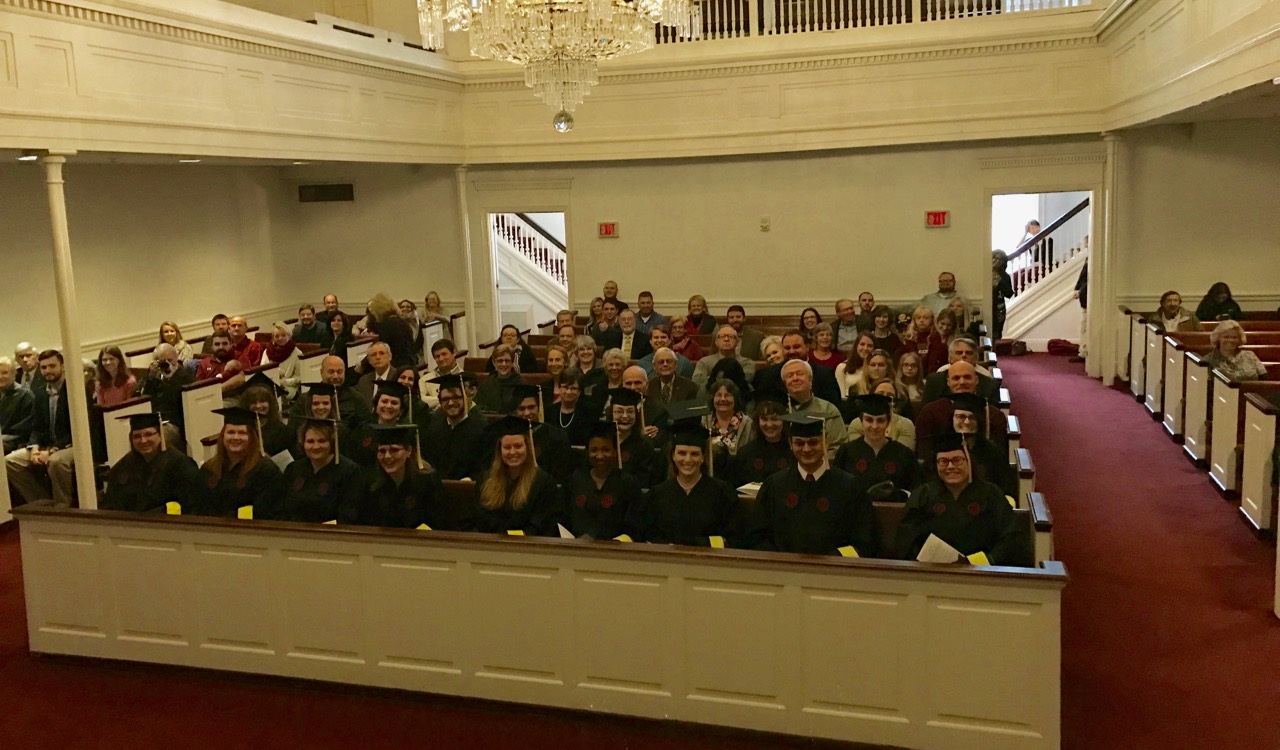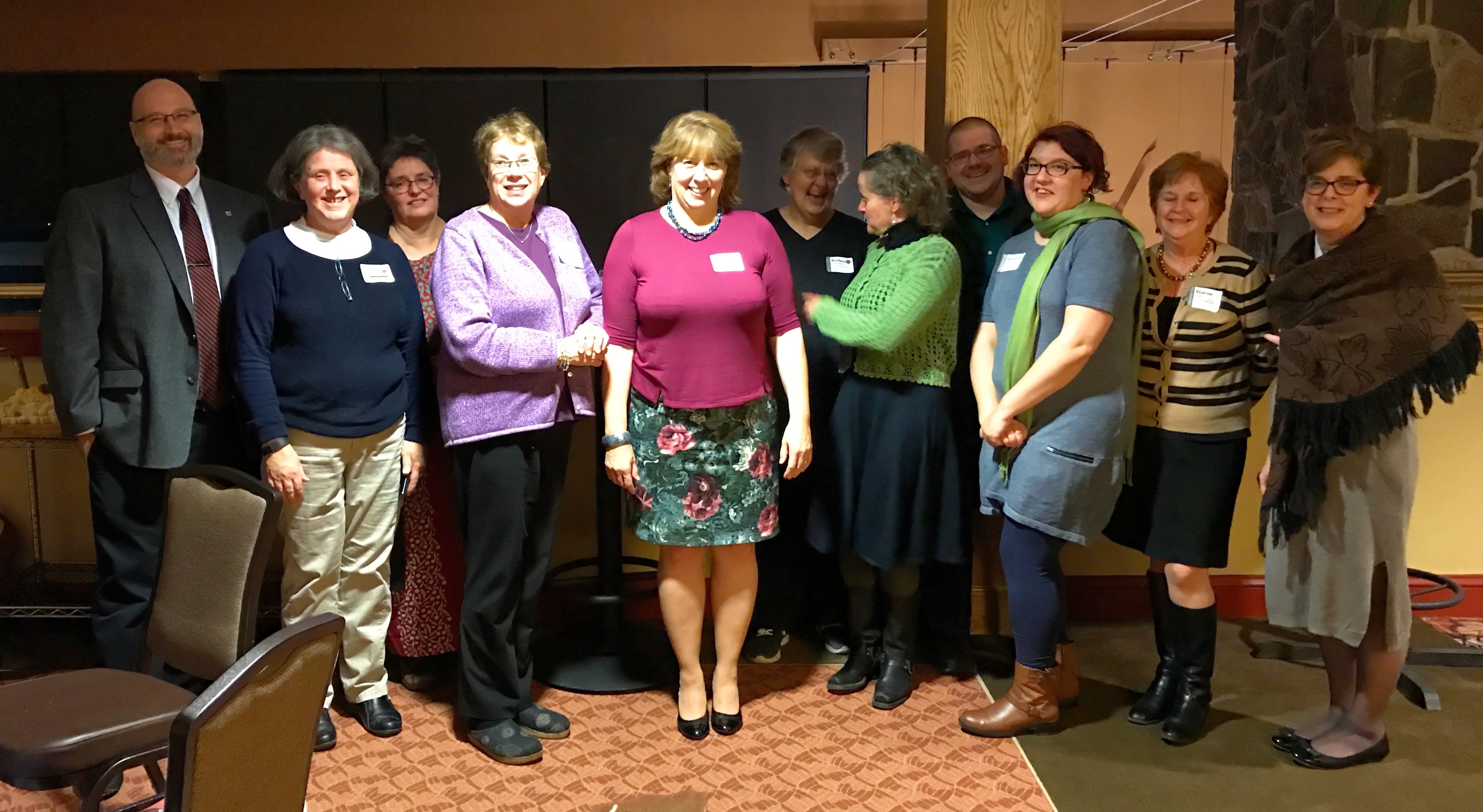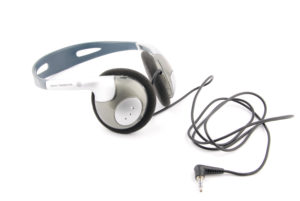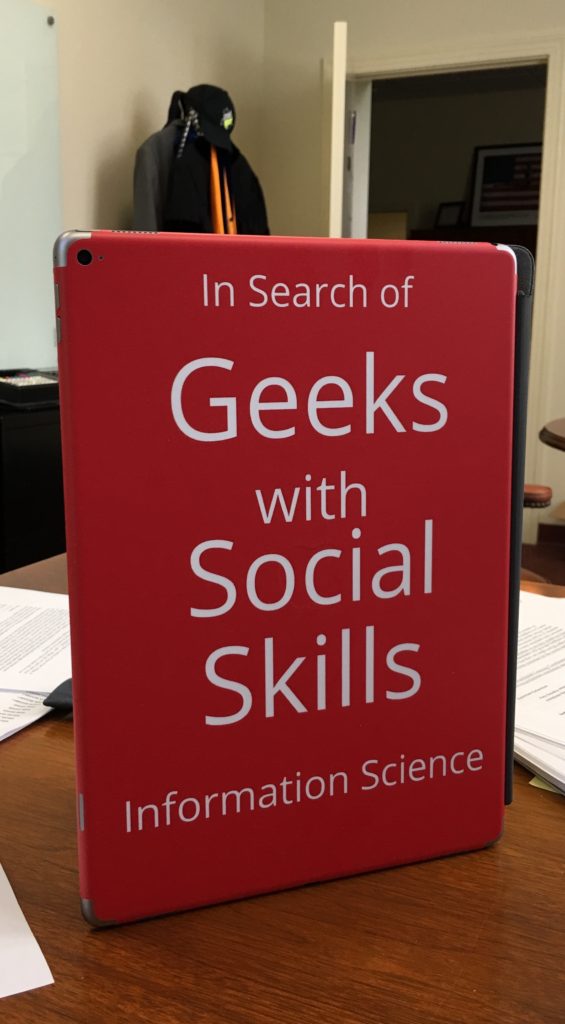The University of South Carolina School of Library and Information Science in Columbia invites applications for a non-tenure track instructor position to begin Fall 2017.
Shape the future of library and information science. Pursue your interests in a diverse, intellectually stimulating, and multi-disciplinary environment that provides support and encouragement as part of a collaborative work culture. An earned Masters in library and information science, information technology, or a related field is required, and doctoral candidates who are ABD with a fixed graduation date are encouraged to apply. This position requires experience and enthusiasm for teaching in both online and face-to-face formats. Non-tenure track faculty at The University of South Carolina are engaged in research, service, instruction, and administration.
The School is particularly interested in candidates with a specialization in one or more of the following:
- library systems
- web development
- technology acquisitions
- system implementation
Selected candidates will be expected to help with the school’s commitment to diversity through research, teaching, and service.
The School of Library and Information Science has a growing Bachelor of Science in Information Science program and a joint Certificate of Health Communications with Public Health and Communication. The School’s MLIS degree program is fully accredited by the American Library Association. The school library preparation program is part of the University’s Professional Education Unit which is accredited by the Council for the Accreditation of Educator Preparation (CAEP). The School also offers three programs of advanced study beyond the Master’s degree (the Certificate of Advanced Graduate Study in Library and Information Science, the Specialist in Library and Information Science, and the Ph.D. in Library and Information Science).
The School has a strong commitment to distance education and is one of two Schools in the College of Information and Communications.
The second is the School of Journalism and Mass Communications. The School is located on the campus’ historic Horseshoe. It has nationally recognized programs in school library media, youth services, and medical librarianship. Since its inception, the School has emphasized the use of information technology as a vital component of library and information services.
Founded in 1801, the University of South Carolina-Columbia is the flagship campus of an eight-campus, fully accredited, state-supported system. USC Columbia has strong undergraduate and graduate programs and other highly regarded professional schools including: medicine, law, education, engineering, social work, pharmacy, public health, arts and sciences, nursing, and business administration. The University is a Carnegie Research I institution. Approximately 33,000 students are enrolled on the Columbia campus and more than 44,000 throughout the system. The City of Columbia is the state capital with a metropolitan area population of almost half a million. It is a state center of financial, transportation, and industrial development, and it has a rich historical and cultural tradition. It is located within easy driving distance of both mountains and coast.
Responsibilities:
- Instruct undergraduate and graduate courses in both face-to-face as well as online environments
- Remain current in developments and trends in subject and research areas
- Establish a growing research agenda
- Provide service to the department, college, university, profession, and community
Minimum Qualifications:
- Masters in library and information science, information technology, or a related field is required, and doctoral candidates who are ABD with a fixed graduation date are encouraged to apply
- Ability to teach at the undergraduate and graduate level
- Knowledge in creating educational materials for face-to-face and online instruction
Preferred Qualifications
- Teaching experience at the collegiate level
- Teaching experience in an online or distance education environment
- Experience in management or teaching management courses
Applications and nominations are invited for this position available in August 2017. Salary is fully competitive. The Committee will begin full review of applications and nominations October 31, 2016 and will continue until the position is filled.
TO APPLY: Applicants should send a letter of application and a complete resume/CV including the names of three references to Ms. Angela Wright at slisadmn@mailbox.sc.edu or by mail to School of Library and Information Science, University of South Carolina, Davis College, 1501 Greene Street, Columbia, SC 29208.
For further information, questions, or to submit nominations, send an email to Dr. Heather Moorefield-Lang, Committee Chair at moorefield-lang@sc.edu or call at 803-777-0224
School Information is available at http://www.sc.edu/study/colleges_schools/cic/library_and_information_science
Minorities and women are encouraged to apply. The University of South Carolina is responsive to the needs of dual career couples.
The University of South Carolina is an equal opportunity institution.
[Be aware it may take the official university a couple of days to post the job and application information]





 Today we’re announcing a search for four new faculty positions at the University of South Carolina School of Library and Information Science (posts to follow). We are looking for three tenure track faculty and one instructor to be part of a growing program. The searches represent a continued commitment to librarianship and the School of Library and Information Science’s well-deserved reputation in youth services, school libraries, and doctoral study. However, these searches also represent a new strategy to ensure the values of librarianship (openness, learning, intellectual freedom & security, and intellectual honesty) spread throughout society.
Today we’re announcing a search for four new faculty positions at the University of South Carolina School of Library and Information Science (posts to follow). We are looking for three tenure track faculty and one instructor to be part of a growing program. The searches represent a continued commitment to librarianship and the School of Library and Information Science’s well-deserved reputation in youth services, school libraries, and doctoral study. However, these searches also represent a new strategy to ensure the values of librarianship (openness, learning, intellectual freedom & security, and intellectual honesty) spread throughout society.